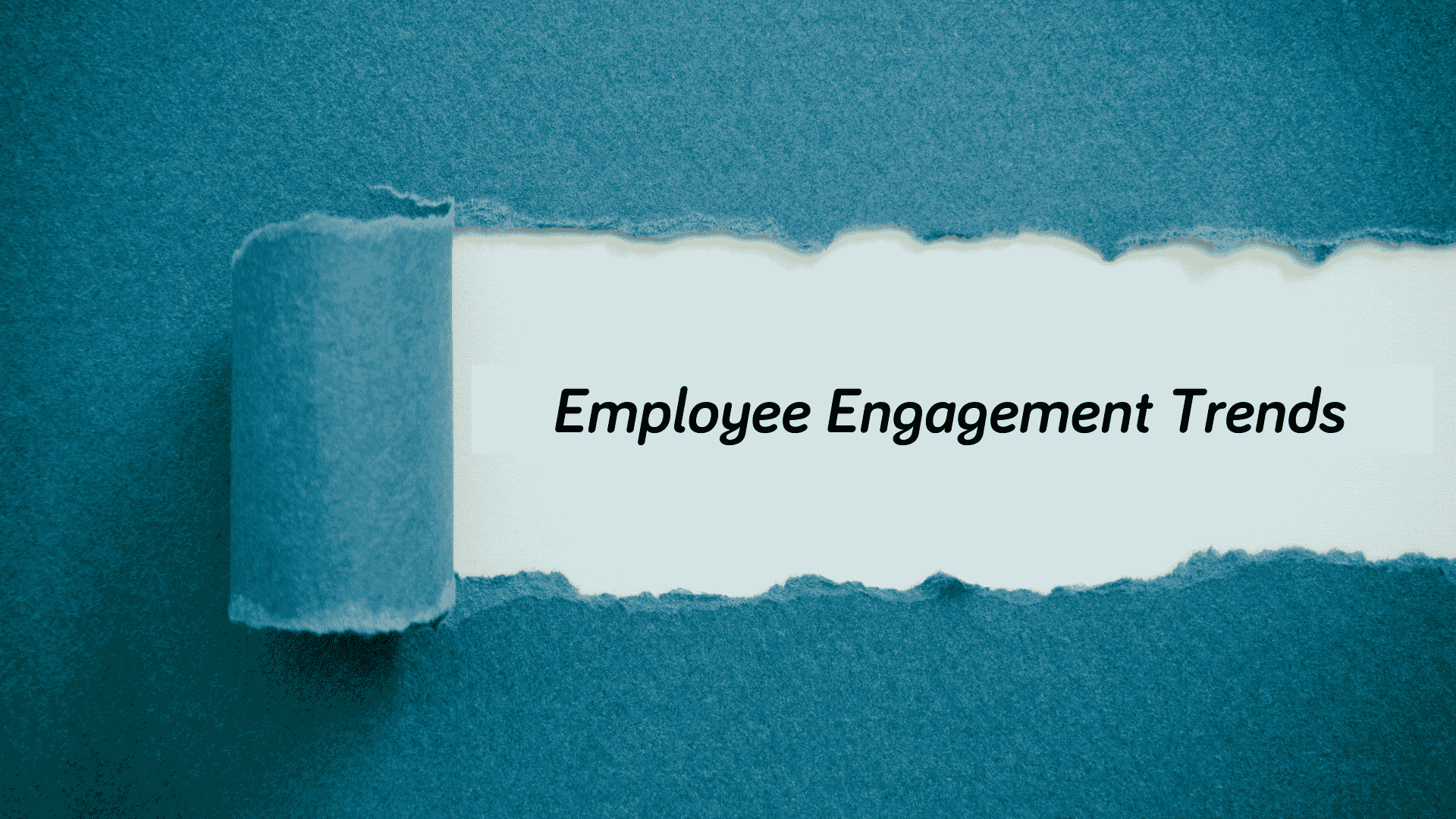Has COVID-19 affected Auto Enrolment pensions?
April 15, 2020Categorised in: News
In light of the huge strain the pandemic is having on employers, HM Treasury and the Dept for Work and Pensions have been working on their guidance regarding the pension’s element of the Job Retention Scheme and your continued requirement to continue to operate your auto enrolment responsibilities.
Whilst employers are doing everything they can to protect cashflow – its key that you don’t get caught out by neglecting your auto enrolment pension responsibilities, so please make sure you’re clear on what you need to do and what help you can gain access to.
This is what we know so far;
First and foremost the government have made it clear they will take ‘a proportionate and risk-based approach towards enforcement decisions, in light of these challenging times, with the aim of supporting both employers and savers’ .
Have your automatic enrolment duties changed?
NO
Your automatic enrolment (AE) duties continue to apply as normal including your re-enrolment and re-declaration duties, for all employees including those being furloughed.
If you are a new employer you can use a process called postponement which postpones your duty to assess new or newly eligible staff (and therefore make pension contributions) for up to three months.
If you’re unsure when your re-enrolment might be due use this re-enrolment date tool to help check on the right dates when your re-enrolment is due.
Do I have to continue paying pension contributions?
YES.
Unless a member of your staff asks to opt out of their workplace pension or reduces their contributions, you and your staff members must continue to make the contributions required under the scheme at the correct time.
Any staff contributions you deduct from their wages must be paid to the scheme and not used for any other purposes.
Remember: You cannot encourage anyone to opt out – this is a fineable act.
Can I get help if my business is struggling to make pension contributions?
The statutory payment requirements have not been relaxed. The Pensions Regulator has not sanctioned any deferment periods.
Remember there is support via the Job Retention Scheme to cover employers statutory minimum auto enrolment contributions for all employees they put through the scheme, which is in addition to 80% of the workers monthly wage up to a maximum of £2,500. If you are not making the pension contribution then you should not claim this element of the scheme.
You could also consider using the government support packages, which are there to help with cashflow.
If I use the Job Retention Scheme how does that change my Payroll & Pension processing?
Even if you are making a claim under the Coronavirus Job Retention Scheme, your normal payroll process and pension auto enrolment must still run as usual.
When you pay your furloughed staff, you will run your pension contribution calculation as you do normally and make the correct deductions such as tax and NI.
Some employers calculate their pension contributions on a different basis and do not use banded qualifying earnings. Where this is the case you will calculate and pay across your pension contribution as normal. However, you will also need to calculate 3% of the qualifying earnings of your furloughed staff as part of the process for making the claim for the total grant under the Coronavirus Job Retention Scheme.
If I pay more than the statutory minimum contribution can that be funded too?
If you are paying more than the AE statutory minimum contribution, the excess will not be funded by the Coronavirus Job Retention Scheme.
You should continue to make the correct contributions due under the scheme and in this case will have to pay a proportion of the pension contribution cost yourself.
Can I reduce my employer contribution to the statutory minimum?
If you use a DC pension scheme and your employer contribution under your scheme is more than the statutory minimum, you may be able to decrease it to the statutory minimum. However, you cannot legally reduce your contributions to below the statutory minimum.
There are a number of factors you should consider when deciding to decrease your employer contribution including: your employment contracts, any agreements with recognised trade unions, the rules governing documentation of pensions schemes you use, and for employers of over 50 employees the legal requirement to consult with members before making any decreases to employer contributions.
What government support can I access to help my business?
If your business is struggling with cashflow as a result of the coronavirus, the government has published extensive information about the various packages of support they are making available for employers such as:
-
The Coronavirus Job Retention Scheme, if you are struggling with maintaining your current levels of staff
-
Deferring VAT and Self-Assessment payments
-
A Statutory Sick Pay relief package for small and medium sized businesses
-
A 12-month business rates holiday for all retail, hospitality, leisure and nursery businesses in Great Britain
-
Small business grant funding of £10,000 for all business in receipt of small business rate relief or rural rate relief
-
Grant funding of £25,000 for retail, hospitality and leisure businesses with property with a rateable value between £15,000 and £51,000
-
The Coronavirus Business Interruption Loan Scheme offering loans of up to £5 million for small and medium sized business through the British Business Bank
-
Anew lending facility from the Bank of England to help support liquidity among larger firms
-
The HMRC Time To Pay Scheme
You can find out about the different support packages available on the Business Support website.





